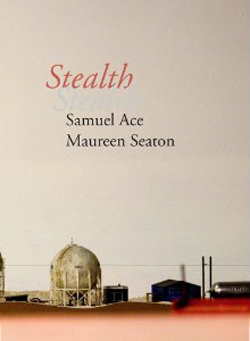
Samuel Ace and Maureen Seaton. Stealth. Chax Press.
The “transliminal” at work in this moving (in all its senses) collaboration. Two come together and form several: “An assembly of/ five heads five/ trees five coves/ five cocks/ come across me/ inside a yoni/ carved/ into a riverbed/ in Angkor.”
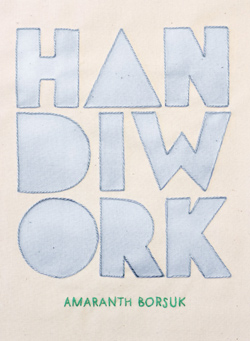
Amaranth Borsuk. Handiwork. Slope Editions.
How does the poet stitch and unstitch? What are the ethics of such handiwork?: “She asked me to tell her story/but I couldn’t because I was in it.”
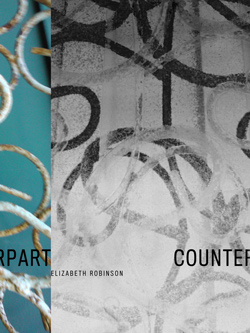
Elizabeth Robinson. Counterpart. Ahsahta Press.
I can’t help think of Spicer, Rimbaud, and Lorca here—at least in their poetics, in their sense of the other/outside as integral to voice and to self. This voice-self echoes through and is mirrored in the book’s music, as it travels by way of language and changes with each step.
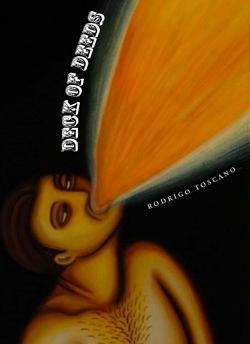
Rodrigo Toscano. Deck of Deeds. Counterpath.
Satire, humor, performativity, and verbal martial arts mark much of Toscano’s work, including this book, but there’s a formal and tonal departure here that I find refreshing. Based on the Mexican lotería, these poems represent modern archetypes—“El Domesticado,” “La Galerista”—suspended in late capitalism. If you see yourself at times in these poems and feel just a little bit accused, then “El Diablito” has done his job. I sort of enjoyed the squirm.
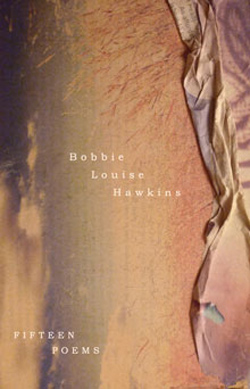
Bobbie Louise Hawkins. Fifteen Poems. Belladonna Books.
This book of early poems by Hawkins, with an introduction by Robert Duncan, made me ask: why aren’t we talking more about her work? A rather candid interview by Barbara Henning follows.
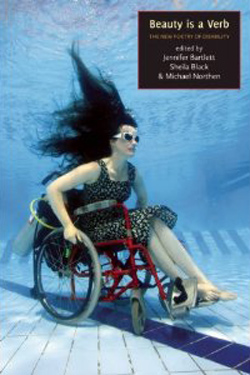
Eds. Jennifer Bartlett, Sheila Black, Michael Northern. Beauty Is a Verb: The New Poetry of Disability. Cinco Puntos Press.
A terrific anthology of essays and poems by a diverse group of poets.
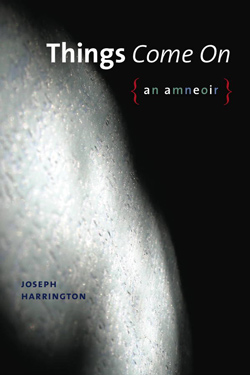
Joseph Harrington. Things Come On {an amneoir}. Wesleyan.
President Nixon and the author’s mother come together in a moment of national and personal reckoning (I’m afraid that sounds like a movie trailer). I love an investigative/documentary poetry book, and this one encompasses the possibility of the lyric, in which the lyre’s strings are facts, and the voice performs with and against them.
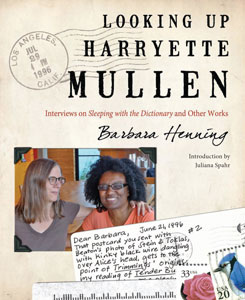
Barbara Henning. Looking Up Harryette Mullen: Interviews on Sleeping with the Dictionary and Other Works. Belladonna Books.
The first part of this book constitutes correspondence between Mullen and Henning, with reproductions of some postcards. The latter part is an interview. Henning is particularly skilled in demonstrating her knowledge of Mullen’s work, and their possible historical and literary contexts, without leading the discussion in a pre-determined direction. This is definitely for fans of Mullen’s work. But who isn’t a fan?